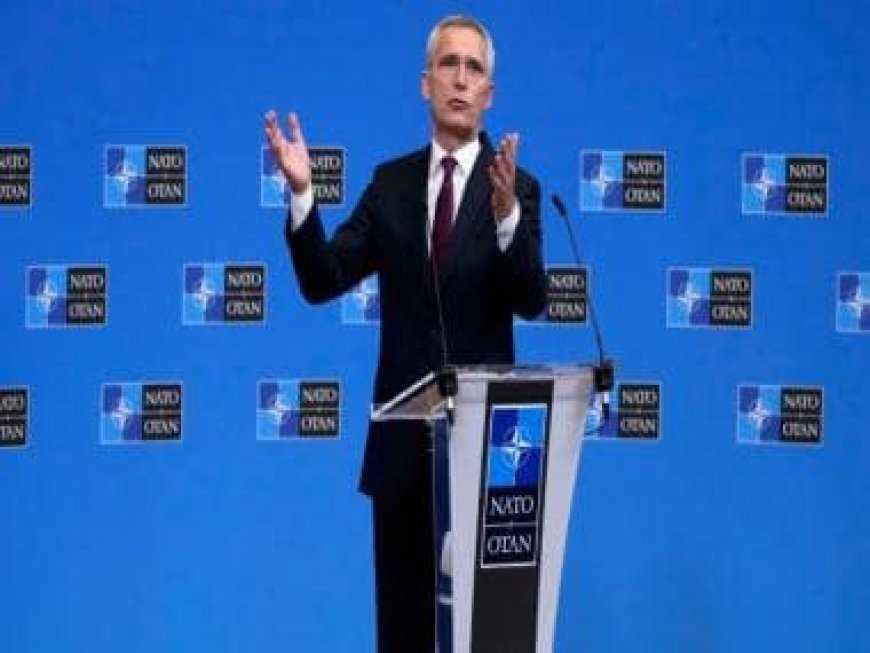NATO establishes new centre to safeguard undersea pipelines, cables as concern mounts over Russian sabotage threat
NATO establishes new centre to safeguard undersea pipelines, cables as concern mounts over Russian sabotage threat

NATO has taken action to safeguard undersea pipelines and cables due to growing concerns about the threat of Russian sabotage. NATO has established a new centre in response to the still-unresolved apparent attack on the Nord Stream pipelines and Russia’s potential mapping of crucial Western infrastructure in European waters.
Lt. Gen. Hans-Werner Wiermann, who leads a dedicated unit focused on this challenge, remarked, “The threat is evolving,” following the approval of the new centre by NATO defence ministers. Located in Northwood, northwest London, the centre aims to address the heightened concerns of Russian mapping and the potential targeting of undersea cables and critical infrastructure to disrupt Western societies.
NATO’s decision was prompted by an apparent attack on two Baltic Sea gas pipelines in September. The investigation into the suspected attacks on the Nord Stream 1 and Nord Stream 2 pipelines, designed to transport Russian natural gas to Germany, is still ongoing.
Although no official blame has been assigned, NATO has increased its presence in the Baltic and North Seas, deploying numerous ships supported by maritime patrol aircraft and undersea equipment, including drones.
With approximately 8,000 kilometers (5,000 miles) of oil and gas pipelines spanning the North Sea, continuous monitoring of systems, networks, and grids is unfeasible. Worldwide, around 100 incidents of cable cutting are reported each year, making it difficult to determine their intentional nature.
NATO Secretary-General Jens Stoltenberg acknowledged that it is impractical to have NATO presence along thousands of kilometers of undersea infrastructure. Instead, the focus will be on enhancing intelligence collection, information sharing, and connecting the dots. Stoltenberg emphasized the abundance of information available from the private sector regarding ship movements and maritime surveillance.
Rather than attempting to monitor all areas, the new center and NATO allies will concentrate on high-risk zones. Pipelines located in shallow waters, easily accessible to divers, are particularly vulnerable. Potential damage to data cables can be mitigated by adding additional cables.
NATO deems it crucial to apprehend saboteurs during the preparatory stages of their attacks. Wiermann stated, “To support the center, allies have decided to establish a critical undersea infrastructure network, bringing together NATO, allies, and private sector actors. This will facilitate improved information sharing concerning evolving risks and threats.”
Read all the Latest News, Trending News, Cricket News, Bollywood News,
India News and Entertainment News here. Follow us on Facebook, Twitter and Instagram.
What's Your Reaction?


























































